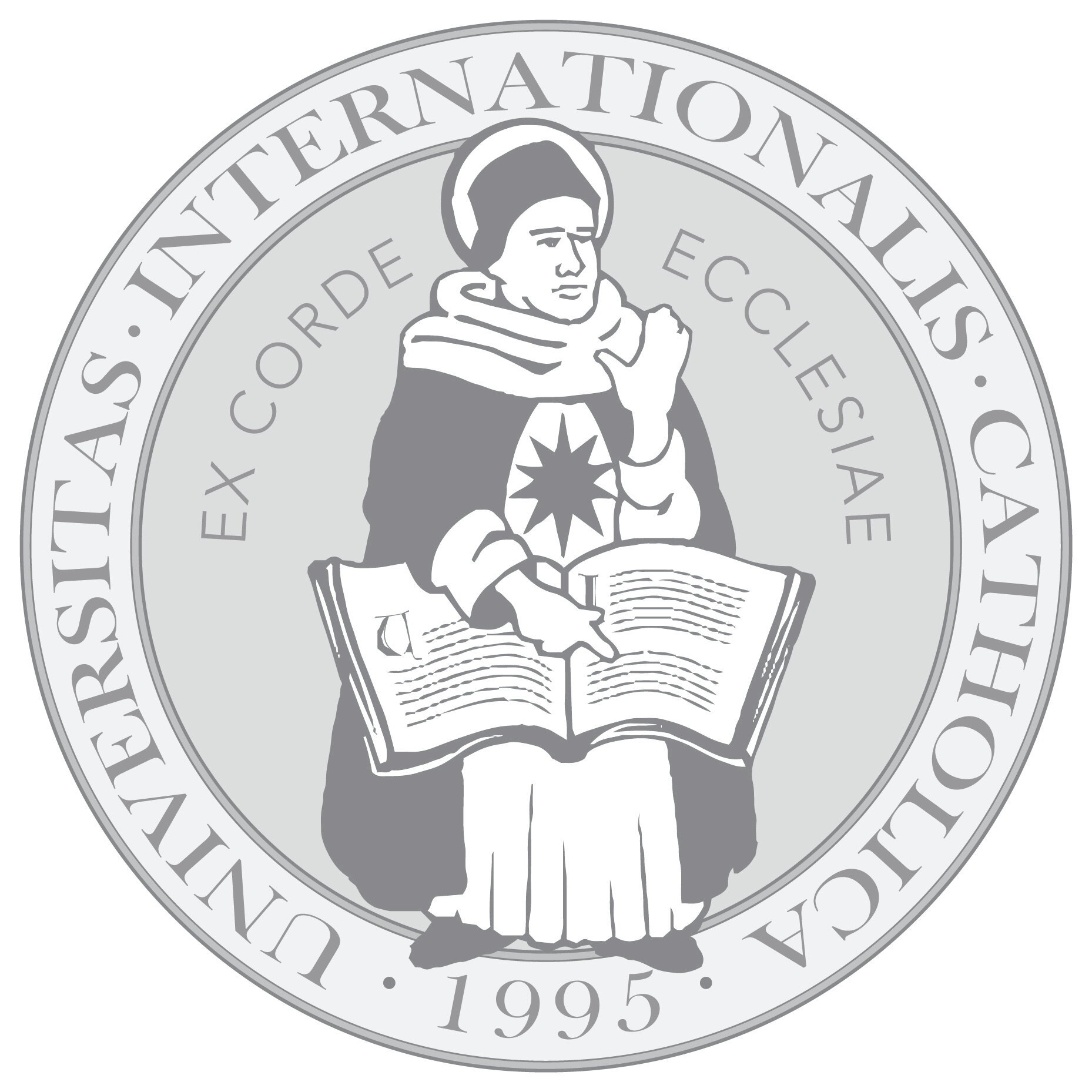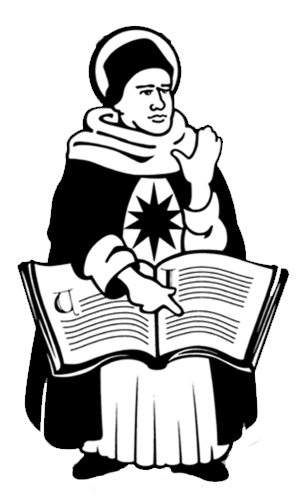Why We Do It
“We have become sharers in this mission of the prophet Christ, and in virtue of that mission we together with him are serving divine truth in the Church. Being responsible for that truth also means loving it and seeking the most exact understanding of it, in order to bring it closer to ourselves and others in all its saving power, its splendor and its profundity joined with simplicity.”
In a culture such as ours, in which we are blessed to have high levels of secular learning, if our understanding of the faith does not keep pace with our secular learning, then, in a pinch, people tend to go with what they know, and as a result, they will be dominated by those secular perspectives alone. As Catholics, we are meant to become a “leaven” in society. The establishment of the City of God within the earthly city is not accomplished by bishops and priests converting kings and princes; it is accomplished by simple lay Catholics living out their faith in their everyday lives. Our goal at the International Catholic University is to help plant those seeds and nurture that soil so that God can give the growth.
To transform society, we must begin by transforming our own hearts and minds. And we begin transforming our minds by understanding the faith more deeply and reflecting on how it can help transform the ways we live out our faith in our everyday lives. We offer courses by some of the best teachers of the faith available in this generation, many of whom will help introduce you to theologians such as Thomas Aquinas, St. Augustine, and others, who were the best teachers of the faith available in any generation.

Catholic Thinkers was founded as International Catholic University.
From our founder, Ralph McInerny:
Founded in 1994, the International Catholic University is dedicated to embodying the ideal of the Catholic university as set forth in Pope John Paul II's apostolic letter, From the Heart of the Church (1990). As the title of that document reminds us, the university as an institution was founded under the patronage of the Church. At the outset, it would have been redundant to speak of the Catholic university. As the German professor responded when asked to speak about the universe, "What else is there?"
The universities that were chartered from the beginning of the 13th century had their origins in the monastic and cathedral schools that preceded them, and the liberal education of these schools harked back to Roman imperial education in which Augustine had been involved, and even farther back to the schools of Athens. The university thus has its remote roots in pagan philosophy. The mark of medieval education was the living relation that was established between reason and Christian faith. The university was the institutional embodiment of the conviction that faith and reason are compatible and indeed reinforce one another.
In our time there is a widespread assumption that the university is by definition secular. Whatever the religious auspices under which it began, the university has evolved and matured into a thoroughly secular institution in which faith can play no integral role. The declension of many of the great universities of the United States from religious to secular institutions has been chronicled in recent years. Many have expressed the opinion that Catholic colleges and universities are on the same trajectory and must end in a state indistinguishable from that of their secular counterparts. The faith will be present in the worship of the community and in a keen sense of social responsibility, but the mind and imagination will be untouched by it. This is not a consummation devoutly or otherwise wished by the administrations of our colleges and universities; it would certainly not be recognized as the goal of their endeavors. Nonetheless, the growing distance of the faculties from the stated ideals of Catholic institutions makes the threat of complete secularization real.
Standing athwart this tendency is Ex corde ecclesiae, to say nothing of Newman's monumental Idea of a University. Reactions to the 1990 papal document, as well as the long sad history of theological dissent since 1968, make it clear that Catholic campuses have become a battlefield where the ultimate issue is in doubt. Catholic scholars for whom the outlook of Ex corde ecclesiae is but simple common sense are no longer the majority in our faculties. Many are hostile, others indifferent, some seemingly unaware of the problem. It is no longer rare for a student in a Catholic institution to realize that his professor is questioning and opposing, rather than clarifying and explaining, the most fundamental tenets of the faith. A long twilight battle lies before us on the Catholic campus.
The International Catholic University grew out of the thought that, if one gathered the leading Catholic scholars onto one campus, the ideal of the Catholic university could be realized in a quince. The realization that this is not simply a dream, but a real possibility, arises from the electronic means that have given rise to so-called distance education. A few dozen telephone calls, a consultation with Mother Angelica at Eternal Word Television Network (EWTN), and the ICU was launched. Within months, our lecturers began to appear on EWTN.
The aim of ICU is to make the Catholic intellectual, cultural and literary patrimony available to those unable to attend a traditional campus. It does what every Catholic college and university should be doing.

